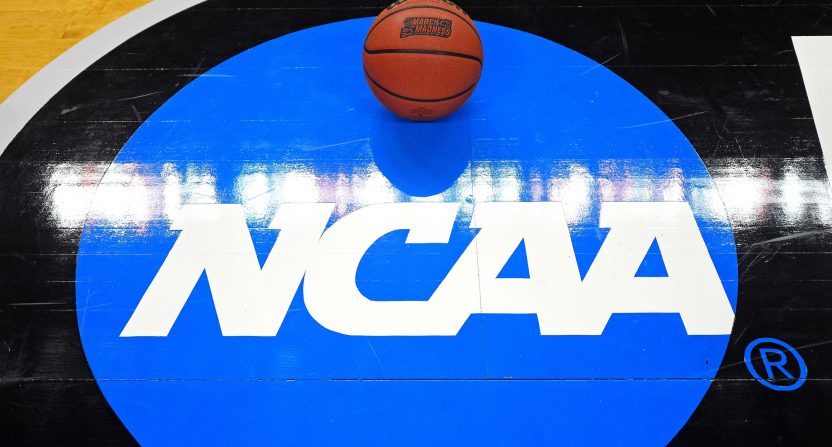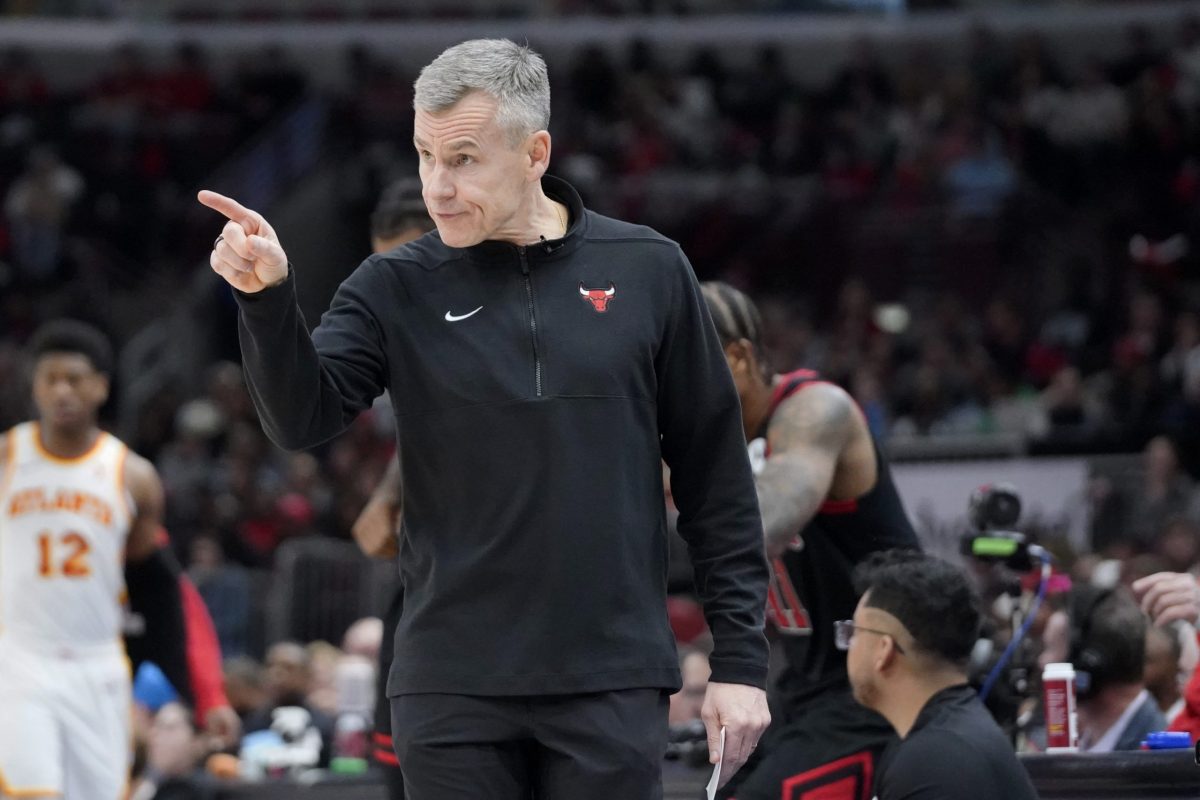It’s not a surprise that an internal NCAA report would reveal an ongoing commitment to their particular brand of amateurism in the face of new legislation and other developments. What is maybe surprising (“maybe” because it’s the NCAA, not much they do surprises anymore) is that they’d point the finger at modern media as an ongoing threat to their way of life.
That’s exactly what a few respondents said in a report obtained by the Los Angeles Times. A fascinating glimpse into how school and conference administrators and officials view the NCAA’s path forward, the report was distributed at an NCAA convention in spring 2019.
From Nathan Fenno at the Times, the story paints a picture of an organization that thinks the messaging and messengers are the problem, not the message:
Each attendee received a 44-page report marked “Privileged and Confidential — Not for Distribution” filled with anonymous feedback from top college athletics officials. The document, obtained by The Times through a public records request, provides a rare look into the unfiltered thoughts of 52 university presidents and chancellors, athletic directors, conference commissioners, NCAA staffers and others on key issues facing the organization.
“The general public does not view the NCAA in a positive light. There was a huge communication plan to fix this, but then the scandals ruined that,” one person said in response to a question about an opportunity the organization should leverage.
“It is a hard environment with these sports writers who think amateurism is ludicrous. I think there is room for the definition of amateurism to evolve. In some sports, it is okay for students to compete in non-collegiate competition, like the Olympics, where there is an opportunity to make money through endorsements. And this inconsistency is ridiculous to me. Treat student-athletes like other students. If a pianist got an endorsement from Steinway, we go, yay. If it is an athlete, totally different story.”
A few other respondents also blamed writers and the media, including a clickbait accusation:
“The excessive negative publicity the NCAA gets from sports writers who have different agendas and different values,” one comment said. “They don’t buy into the whole success vision of the student-athlete. This has hurt the NCAA in the past number of years.”
“We have to be the ones creating the story,” another respondent said. “Because in today’s day and age of everyone wanting to get clicks, we will have a lot of people out there who will take shots and say things that aren’t accurate and/or factual.”
To be clear, there are a few more realistic voices featured, as well.
“Using the word ‘amateurism’ is a loser long term,” one respondent said. “We are the only ones left who use it. It’s a lack of credibility issue. We are using the word … because we have to with these lawsuits.”
Another comment respondent warned that the NCAA gets “bogged down and lost in issues of eligibility and amateurism” and if an athlete “has a brilliant idea whether it’s in physics or marketing herself, I don’t have a problem …”
Those responses, though, tend to still be outweighed by the media bashing and responses like this one, which could have been delivered in 1985 as easily as 2019:
“The biggest threat is that the court system will force us to start paying athletes. And that will be the end of amateur sports as we know it,” one commented. “I think if we did a better job to show the academic benefits of playing college sports, it would take a lot of wind out of the balloon. All of the perks like letter jackets, cost of attendance, ring, etc.”
The report overall paints a picture that’s ironically very close to the general perception given by the media they’re accusing: the NCAA remains clinging to ideas that aren’t going to work anymore, and the more progressive voices are drowned out by the nonsense.






